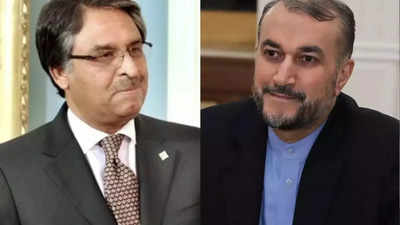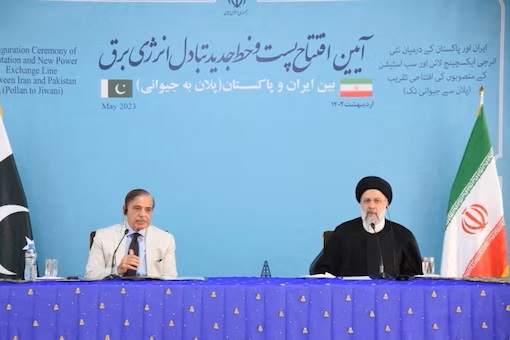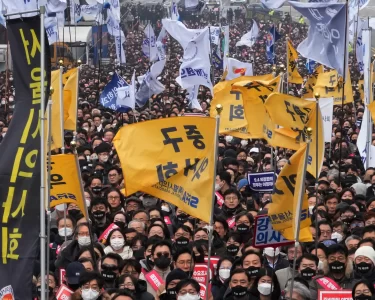Iran and Pakistan declared on Monday that their ambassadors would resume their roles following an agreement to ease tensions after recent deadly strikes. In a joint statement, the foreign ministries of Tehran and Islamabad stated that both ambassadors are expected to return to their posts by January 26. Furthermore, Iran’s Foreign Minister, Hossein Amir-Abdollahian, is set to visit Pakistan on January 29 at the invitation of Pakistani Foreign Minister Jalil Abbas Jilani. These decisions were made after a telephone conversation between Jilani and Amir-Abdollahian.
The recent events involved Pakistan launching airstrikes on what they described as “militant targets” in Iran, in response to similar Iranian strikes on Pakistani territory. Iran claimed their strikes targeted Jaish al-Adl, a jihadist group designated as a “terrorist” organization by Iran. The Iranian strikes resulted in casualties, including at least two children, leading to a strong response from Pakistan. This included recalling their ambassador from Tehran and preventing Iran’s envoy from returning to Islamabad. Diplomatic tensions escalated, with Tehran summoning Islamabad’s charge d’affaires.
However, a phone call between Jilani and Amir-Abdollahian on Friday resulted in an agreement to de-escalate the situation. The recent military actions occurred in the border region of Baluchistan, shared by both nations, adding to regional tensions heightened by the Israel-Hamas conflict. Sistan-Baluchistan, where the incidents occurred, is predominantly Sunni Muslim in Shiite-dominated Iran and has experienced unrest involving various factors, such as cross-border smuggling, Baluchi ethnic minority rebels, and jihadist activities.







